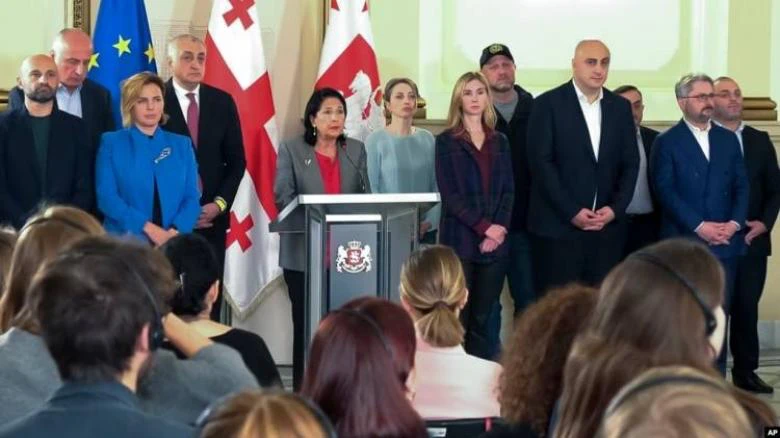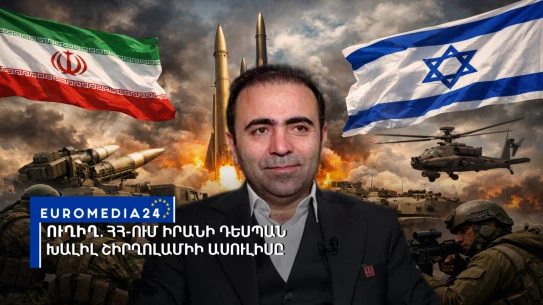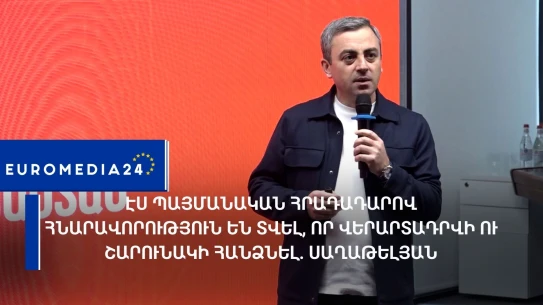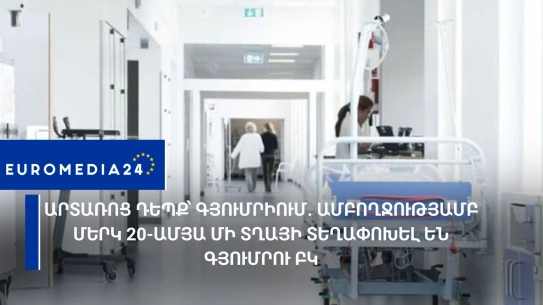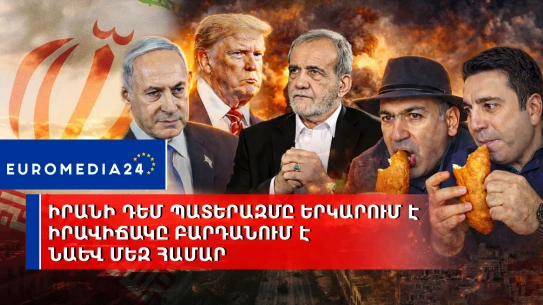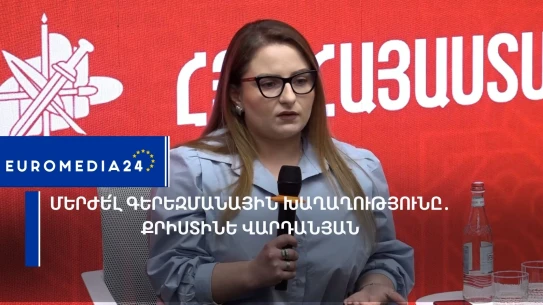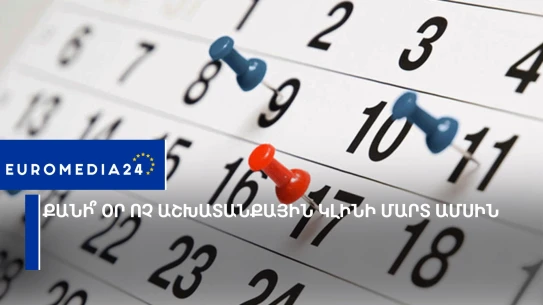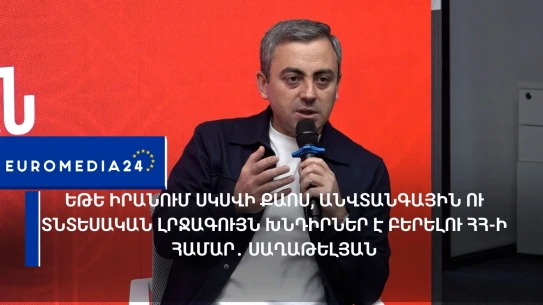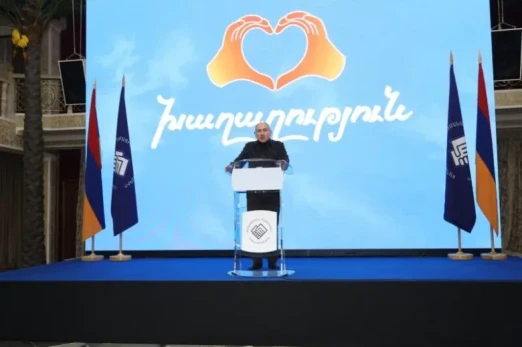"Hraparak" newspaper wrote:
Almost a day after the publication of the election results, meeting with the representatives of the four opposition forces that entered the parliament, the President of Georgia, Salome Zurabishvili, announced the holding of a general rally. A rally could have taken place on the election day, in the evening, and the next day as well, but the Georgian opposition was kind of surprised by the official results, they were expecting an easy victory, convinced that the ruling "Georgian Dream" would barely get 40 percent of the vote. "I don't recognize these elections, these elections cannot be recognized, recognizing these elections means recognizing the entry of Russia (he means Georgia)," Zurabishvili announced during a joint briefing and, addressing the American and European partners, called on the Georgian people to help protect their the election and not establishing ties with the illegal government. As a result of the official parliamentary elections held on October 26, the ruling "Georgian Dream, Democratic Georgia" alliance was declared the winner, which received 54 percent or 89 out of 150 mandates. Another 4 opposition parties entered the parliament, receiving a total of 69 mandates. The opposition representatives immediately announced that they do not recognize the results of the parliamentary elections, that the Georgian authorities stole their election, their victory and their power from the Georgian people, stole their European dream of becoming a member of the European family, and will try to build a one-party, dictatorial Georgia by throwing it under the control of Russia. under the feet. Khatia Dekanoidze, the vice-president of the opposition "Unity - National Movement" party, declares: "There will be no more elections in this country, either we will understand it, or those who accept them (meaning the election results) will also be arrested." Various parliamentarians of various EU member states, especially the Baltic states, have already managed to exclude Georgia from Europe, if the election results are not disputed and there is no change of government. International observation missions are more cautious. The OSCE actually recognized the elections and the government formed as a result of them. The head of the OSCE observation mission, Pascal Alizard, speaking about a number of violations that occurred during the election process, including the recorded cases of tampering with the will of the voters, violation of the secrecy of the election, noted that the elections were generally well organized, but that the most important expressed sincere hope that the new government formed as a result of the elections will be able to overcome the challenges facing the country, especially related to the country's membership in the European Union. "Democracy is really in the process of development," said the European observer. This is very similar to the conclusions of the observation missions carried out by the OSCE in Armenia in the past, when, recording many election violations, they said at the same time that, despite the recorded election violations, they were a step forward towards democracy. The report published by the PACE observation mission was much harsher, and EU Council President Charles Michel promised that they will express a final opinion during the informal meeting of the EU Council to be held in Budapest in November. the authorities, moreover, Charles Michel called on the Georgian authorities to independently investigate the recorded cases of election violations and eliminate their consequences, as well as to reaffirm Georgia's choice to become a member of the EU. It is not clear how the Georgian authorities should correct the consequences of the election violation. There are two ways to do this: resign or organize new elections. both of them are not realistic at the moment. Now the main question is whether the opposition of Georgia will succeed in implementing a change of power on the street, for which they had prepared for a long time and carefully. The problem is that Georgia is not in a position to easily force the government to resign and stage a color revolution. Unlike Ukraine, Armenia or the same 2004 Georgia, the current authorities have public support, their power is not based solely on the loyalty of the state apparatus and police violence. The current government has shown that it can bring more people to the streets than the opposition, even by using administrative resources. The attempt to carry out a coup by means of pressure can lead to civil clashes and even civil war, as Georgia has experienced. And if the opposition gets the support of the West during that confrontation, and the government turns to Russia for support, this will really be the opening of a second front in Georgia, which the Georgian authorities were so wary of. But Georgia is neither the first nor the last, where the struggle for power and between different geopolitical poles has led to internal conflicts and irreversible losses. Let's hope that our neighbor and friend Georgia and its people will be able to overcome this test as well. The four opposition parties that entered the parliament of Georgia stated that, not recognizing the results of the elections, they do not intend to take the mandates and go to the parliament, causing a constitutional crisis and the need to hold new elections. They announced the same thing five years ago, but eventually they went to the parliament when the street struggle died down. Let's see how consistent they will be this time.
Avetis Babajanyan
Tbilisi
















